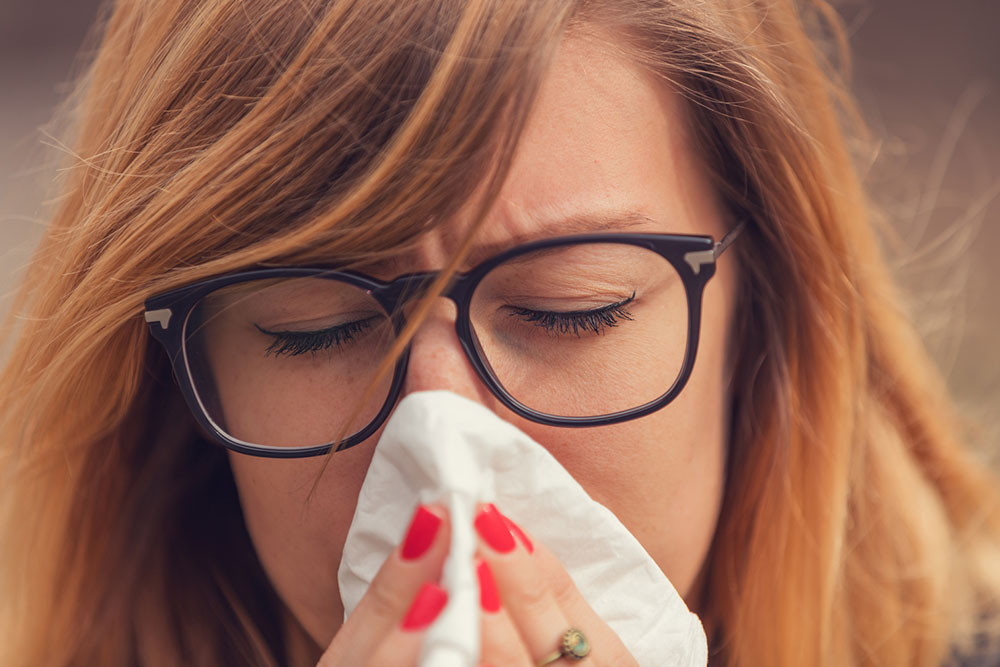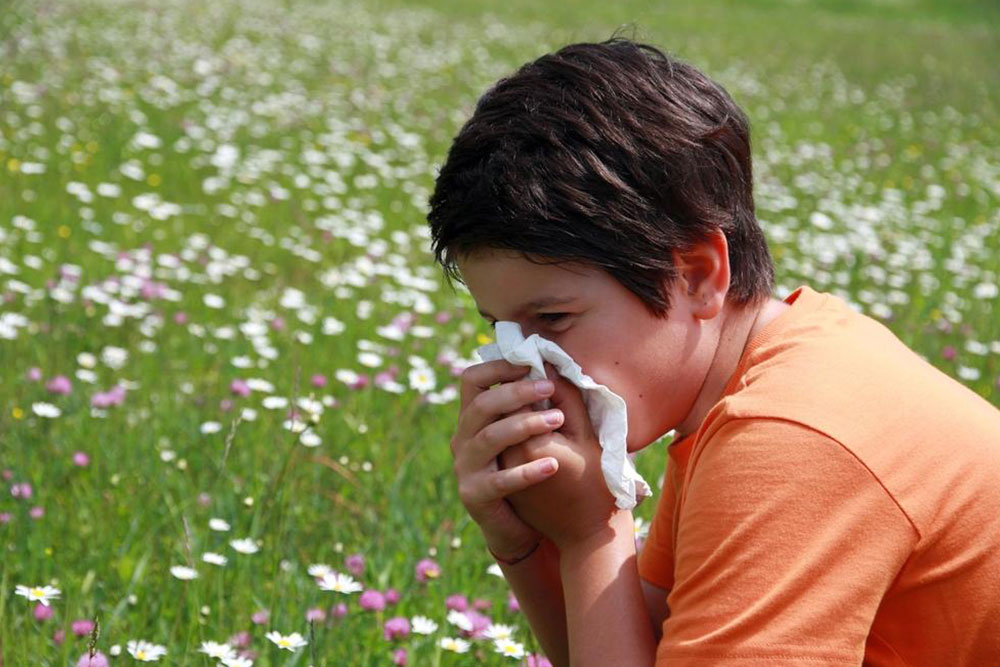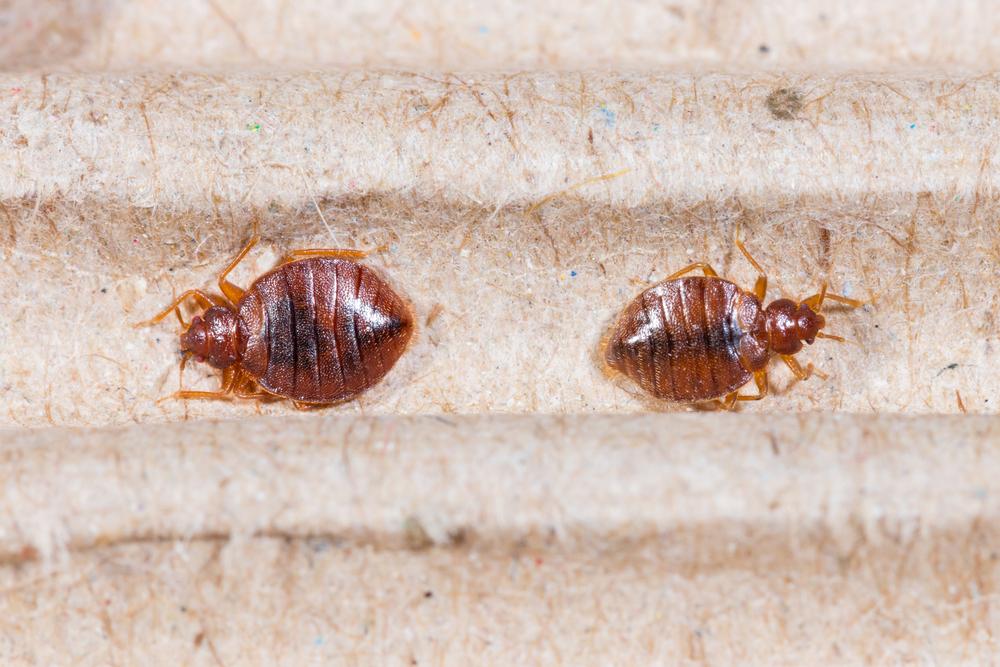Comprehensive Guide to Allergic Sinusitis: Causes, Symptoms, and Effective Treatments
Allergic sinusitis is a widespread condition triggered by airborne allergens, causing sinus inflammation, congestion, and discomfort. This comprehensive guide covers the causes, symptoms, diagnosis, and various treatment options, including medications, immunotherapy, and surgical procedures. Preventive strategies such as avoiding triggers and using saline rinses are also discussed to help manage and reduce episodes. Early diagnosis and tailored treatment plans are key to effective relief and long-term health. Learn how to recognize symptoms and get professional advice for sinus health.

Understanding Allergic Sinusitis: Causes, Symptoms, and Treatments
As pollen counts increase during allergy seasons, many individuals begin to experience persistent sinus issues that significantly impact their daily lives. Allergic sinusitis, a common condition associated with allergies, occurs when the immune system reacts to airborne allergens like pollen, dust, mold, or pet dander. This immune response causes inflammation of the sinus cavities, leading to the accumulation of mucus and fluid instead of normal airflow. This blockage can result in discomfort, pain, and breathing difficulties. Recognizing the underlying causes and symptoms of allergic sinusitis is vital for effective management and relief.
Common signs and symptoms of allergic sinusitis include nasal congestion that persists for days, a runny nose, facial tenderness, especially around the cheeks and forehead, persistent headaches, and a diminished sense of smell or taste. Patients may also experience a persistent cough, which worsens at night, fever, bad breath, and discomfort in the teeth and jaw area. These symptoms can resemble other sinus conditions, so accurate diagnosis is crucial for proper treatment.
To determine the exact cause and extent of sinus inflammation, medical professionals often perform nasal endoscopy—a procedure involving the insertion of a thin, flexible tube equipped with a camera into the nostrils. This allows for a detailed inspection of the nasal passages and sinuses to identify inflammation, polyps, or structural abnormalities. Additional tests such as allergy skin tests, blood tests, or imaging scans may be required to pinpoint specific allergens and assess the severity of infection or inflammation.
Management of allergic sinusitis depends on the severity of symptoms and underlying causes. Mild cases usually respond well to medications like decongestants, antihistamines, and saline nasal washes that help clear mucus and reduce inflammation. Nasal corticosteroids are also commonly prescribed to decrease inflammation over time. For cases where bacterial infection complicates the condition, antibiotics may be necessary to eliminate the infection. It’s important to note that antibiotics should only be used when prescribed by a healthcare professional to prevent resistance.
In severe or recurrent cases, surgical intervention might be warranted. Procedures such as functional endoscopic sinus surgery (FESS) can help remove obstructions, polyps, or improve sinus drainage pathways. Additionally, immunotherapy—commonly known as allergy shots—can significantly help reduce allergic responses by gradually exposing the immune system to specific allergens, leading to long-term relief.
Preventive strategies play a crucial role in managing allergic sinusitis. Patients are advised to avoid known triggers such as cigarette smoke, strong perfumes, or environmental pollutants. Wearing masks outdoor during high pollen seasons or windy days can help minimize allergen exposure. Regular cleaning of indoor environments, using air purifiers, and maintaining good hygiene can further reduce allergen levels inside homes. Home remedies like saline nasal irrigation using a neti pot can soothe nasal passages and help in clearing mucus, providing temporary relief from congestion.
Despite the availability of home remedies, consulting healthcare providers for an accurate diagnosis and personalized treatment plan remains essential. Managing allergic sinusitis effectively involves a combination of lifestyle changes, medications, and sometimes surgical procedures. With proper care and preventive measures, individuals can significantly reduce the frequency and severity of episodes, leading to improved quality of life and better respiratory health.





